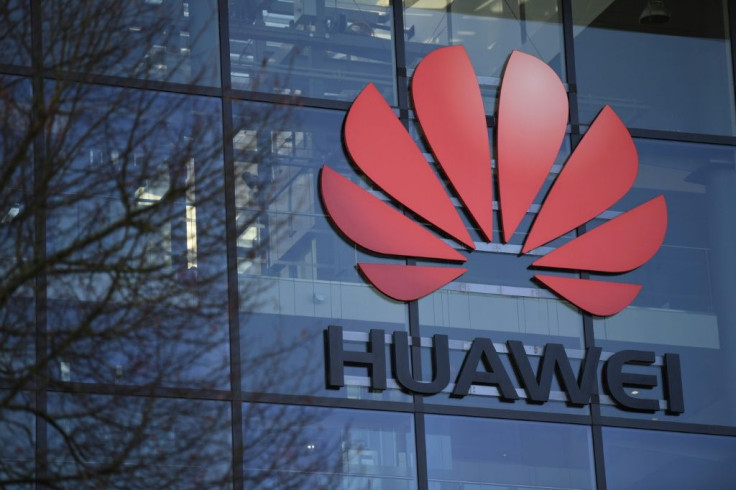Huawei News: British Government Squashes Conservative Party Revolt Over 5G Decision

The U.K. on Tuesday squashed a revolt of 38 Conservative Party lawmakers who want to reverse the decision to let Chinese telecom giant Huawei onto the country’s 5G networks.
The 38 lawmakers backed an amendment that would ban Huawei from participating in the 5G project by the beginning of 2023. Members of Parliament who backed the motion believe that Huawei could compromise national security and hand over intelligence to the Chinese government.
The proposal was defeated by 24 votes in the House of Commons, the lower house of Parliament.
"We will now engage intensively with colleagues across the House to make sure that we will make our case at every possible level…and we will underline that we will always put national security at the very top of our agenda," British Culture Minister Matt Warman said after the vote.
British Prime Minister Boris Johnson had announced Huawei’s participation in the country’s 5G network in January but said the company would not be allowed onto “critical” parts of the U.K’s network infrastructure. The announcement angered the White House, resulting in an “apoplectic” phone call in February between President Trump and Johnson.
The Trump administration had previously pushed the U.K. to reject Huawei and Johnson’s decision could negatively impact the possibility of a trade agreement between the U.S. and U.K. Downing Street has said that it is “reasonably confident” that it can still strike a deal with the U.S.
Germany has also been divided about Huawei, with Chancellor Angela Merkel wanting to allow the company to participate in its next-generation network. Members of Merkel’s Christian Democrat Party have wanted a stricter approach against Huawei but it’s unlikely that the country would ban the telecom giant from its 5G rollout.
© Copyright IBTimes 2025. All rights reserved.





















